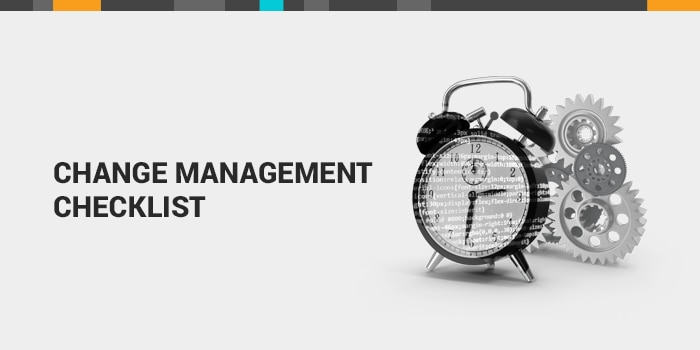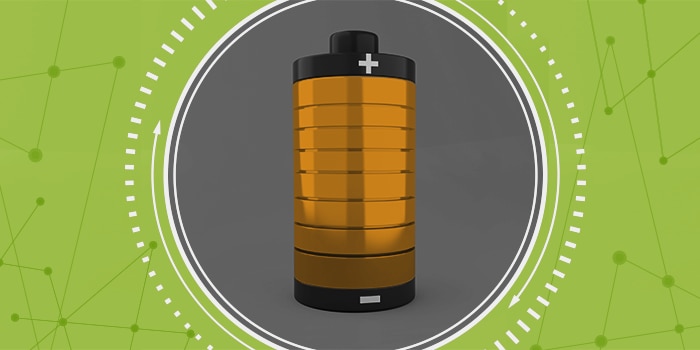It’s simple, really; picking the right strategy before you begin can often determine your ultimate level of success. This is especially true with project management. But, when it comes to choosing from the various types of project management methodologies, making the selection that is best for your team and the project in question can be far from a simple task.
Selecting the best project management methodologies (PMMs) for your upcoming projects from the many at times overlapping types of project management methodologies is paramount to the success of each project. It is also something that is best done in consultation with your project managers.
Once you understand the basics of the best project management methodologies available to you and have successfully executed an evaluation and selection process, you can repeat that process with additional projects, streamlining and documenting the process along the way.
Today’s Best Project Management Methodologies
In this article, we will not be taking a comprehensive approach, going over the finer points of all the contemporary project management methodologies. Instead, we will restrict ourselves to a handful of the best types of project management methodologies, and get into each of them in a bit more depth.
Waterfall Project Management
Waterfall Project Management Methodology has been around for a long time. It is, in many ways, the gold standard of project management methodologies. It has been in use for years across multiple industries, including software development. It consists of five key phases—analysis of requirements, the design phase, the testing phase, implementation, and ongoing maintenance—that are typically executed in exactly that order. It lacks flexibility, but may make up for it with clarity and directness.
Agile Project Management
Agile Project Management Methodology was developed as a counterpoint to traditional project management and designed specifically to work best for projects requiring short turnaround and maximum flexibility. Generally speaking, Agile works best with teams requiring less supervision or outside motivation, and on projects that need a less hands-on approach and constant communication among team members. It is a great alternative to the more traditional Waterfall methodology for software development—with its abbreviated turnaround times, reduced complexity, and near-immediate feedback style.
Hybrid Project Management
As you might be able to guess, the Hybrid Project Management Methodology is a hybrid project management tool that is comprised of elements of Agile Project Management and Waterfall Project Management. In Hybrid PMM, the first two phases of Waterfall PMM—planning and requirements—are followed by an Agile PMM approach.
Scrum Project Management
Scrum is a variation on Agile Project Management that takes its name from an aspect of the sport of rugby. In Scrum, tasks are prioritized over a “scrum session” or thirty-day period and managed by a “Scrum Master” who oversees a small team dedicated to a specific task or aspect of the overall project.
Critical Path Method
Critical Path PMM, also known as CPM, is generally best employed on projects that have multiple, interdependent activities—relying on a work-breakdown structure and timeline approach, with multiple tracked deliverables and milestones. It is a time-based approach that tracks progress by determining how long various activities will take on the critical path, and prioritizing them accordingly.
Critical Chain Project Management
Critical Chain Project Management Methodology (CCPM), is similar to CPM, but tracks the use of resources rather than project activities along a timeline.
Six Sigma
Six Sigma Project Management is driven primarily by data and utilizes three fundamental components as project management processes:
- DMAIC: Define, Measure, Analyze, Improve, Control
- DMADV: Define, Measure, Analyze, Design, Verify
- DFSS: Design for Six Sigma, or IDOV—Identify, Design, Optimize, Verify
-
Effectively Evaluating and Selecting a Project Management Methodology
Going through the process to select the most appropriate project management methodology for your project(s) can be very time and resource consuming. The Project Management Institute (PMI) has created a set of tools to help your organization with this task. It is called the Organizational Project Management Maturity Model—OPM3 and it will help you improve your project management capacity and processes as you work through it to select a winning methodology.
There are many possible PMMs for you to choose from. Building a composite may even be the best alternative for your unique organization or project. Evaluating your needs as an organization, as well as the needs of your project and where you are in terms of project management maturity, is an excellent process, worth going through for a wide variety of reasons.
 hbspt.cta.load(41925, 'f7d128a8-0df6-4e34-a1e1-b74b4b7693ac', {});
hbspt.cta.load(41925, 'f7d128a8-0df6-4e34-a1e1-b74b4b7693ac', {});  hbspt.cta.load(41925, 'f7d128a8-0df6-4e34-a1e1-b74b4b7693ac', {});
hbspt.cta.load(41925, 'f7d128a8-0df6-4e34-a1e1-b74b4b7693ac', {}); 



